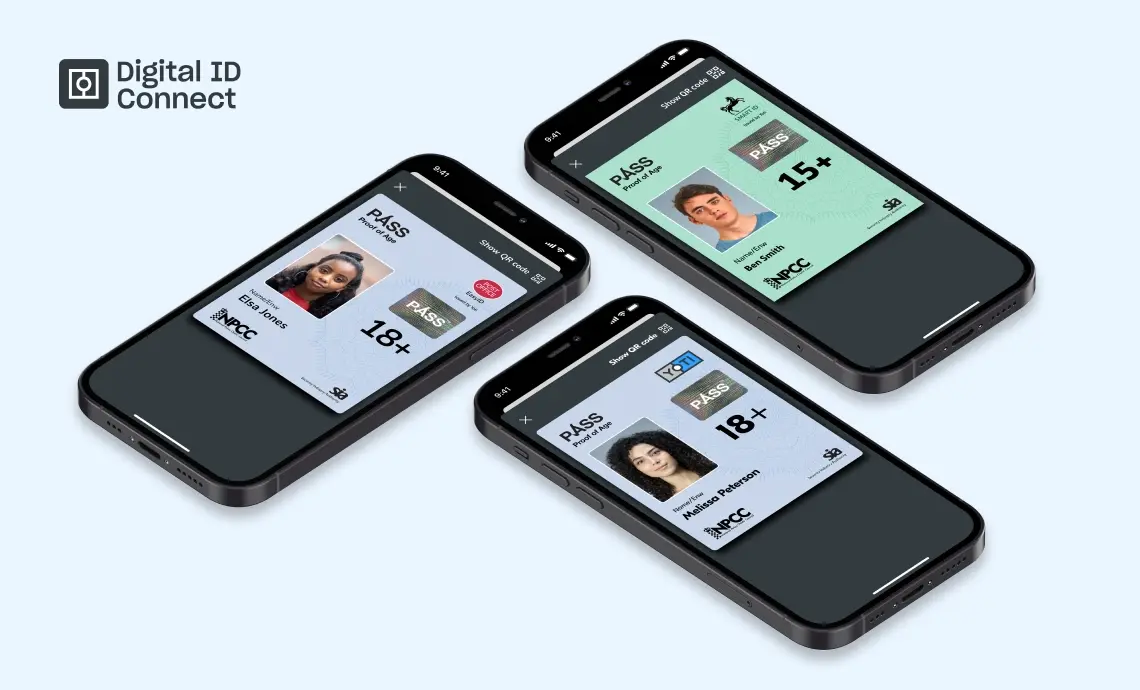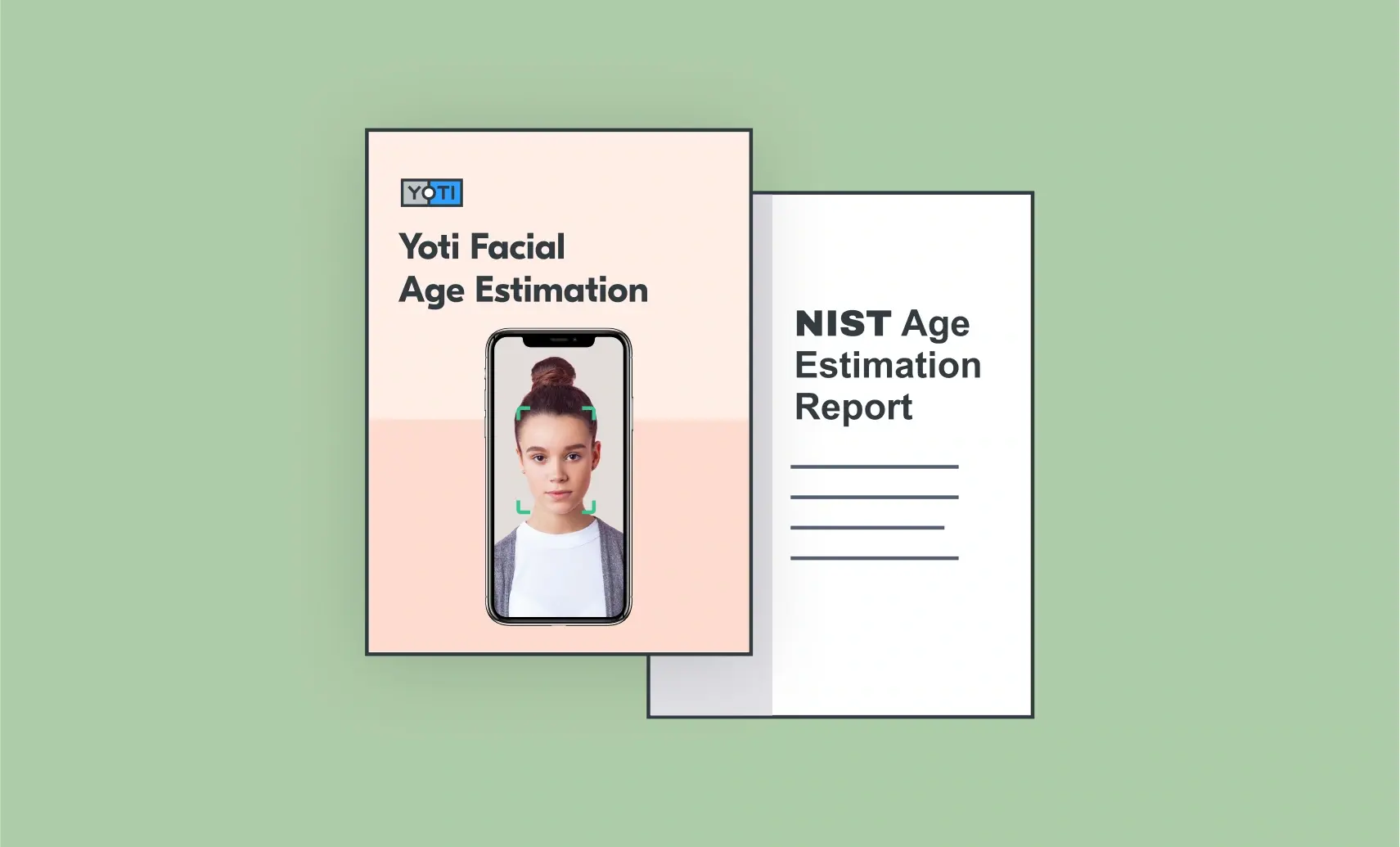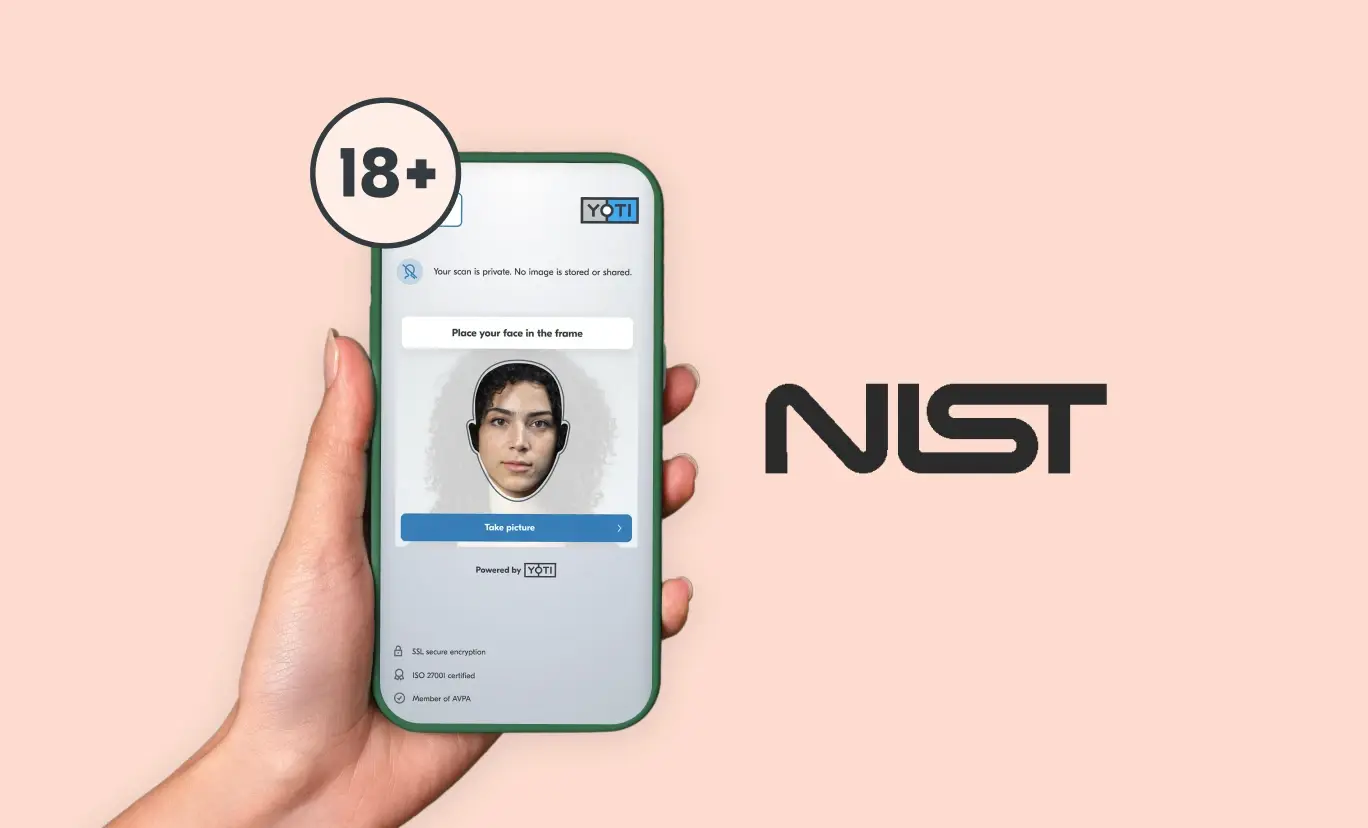Understanding the Digital Information and Smart Data Bill
This blog was updated in July 2024, following the General Election and the King’s Speech which announced the new Digital Information and Smart Data Bill (DISD). The government has committed to introducing the Bill, which aims to harness the power of data for economic growth, including setting up a regulatory framework for digital identities in the UK. We will update this blog once the government has shared further information about this new Bill. Below is a summary of what we know so far. For now, we have also included the previous blog content on the former Data Protection and
Digital IDs from Yoti, Post Office and Lloyds Bank are accredited by PASS for proof of age
London, UK – 25th June – The three Digital ID Connect apps – Yoti ID, Post Office EasyID and Lloyds Bank Smart ID – are now accredited by the UK’s national Proof of Age Standards Scheme (PASS). This gives UK businesses selling age-restricted goods and services more trust in Digital IDs, having confidence they are genuine and that customers have been verified to a high standard. Each of the Digital ID apps includes the approved PASS hologram. In the UK, Yoti ID, Post Office EasyID and Lloyds Bank Smart ID can be used for: Buying all age-restricted goods including
Why do Yoti facial age estimation results published by NIST differ to those reported by Yoti in its white papers
In September 2023, we submitted our facial age estimation model to the US National Institute of Standards and Technology (NIST), as part of a public testing process. This is the first time since 2014 that NIST has evaluated facial age estimation algorithms. NIST age estimation reports are likely to become a globally trusted performance guide for vendor models. NIST assessed vendor Facial Age Estimation models using 4 data test sets at certain image sizes: NIST provides some example images: NIST note in their report that age estimation accuracy “will depend on
Yoti facial age estimation evaluated in the NIST Face Analysis Technology Evaluation program
Yoti proven to be the most accurate facial age estimation algorithm for those aged 13-16, a key age group for online age regulations and child safety 30th May 2024, London, UK – Digital identity company Yoti has had its facial age estimation technology independently evaluated by the National Institute of Standards and Technology (NIST), a US agency who provide standards and certification for businesses. The standards and measurements set by NIST are used as a benchmark for technological innovations globally. NIST evaluated Yoti’s facial age estimation as part of their Face Analysis Technology Evaluation (FATE) program. NIST has
Thoughts from our CEO
In this blog series, our CEO Robin Tombs will be sharing his experience, whilst focusing on major themes, news and issues in the world of identity verification and age assurance. This month, Robin gives a summary of recent age verification events, the growing threat of AI voice cloning scams and how Digital IDs can protect you from online scams. Summary of age verification events The last few months have been a really busy time in the age verification world. Here’s a snapshot of some of the key events from the last 10 weeks: 11 March – the US
How age assurance builds trust and safety on gaming platforms
There is a growing agreement that more needs to be done to improve online safety. Regulators around the world are introducing new laws to make the digital world safer and ensure young people have an age-appropriate experience online. With legislation such as the Age Appropriate Design Code, the UK’s Online Safety Act, and the EU’s Digital Services Act reshaping the industry, gaming companies are facing a new era of accountability and responsibility. From implementing age assurance measures to ensuring age-appropriate content and experiences, gaming companies must navigate the regulatory landscape while prioritising user safety and privacy. This blog explores some






